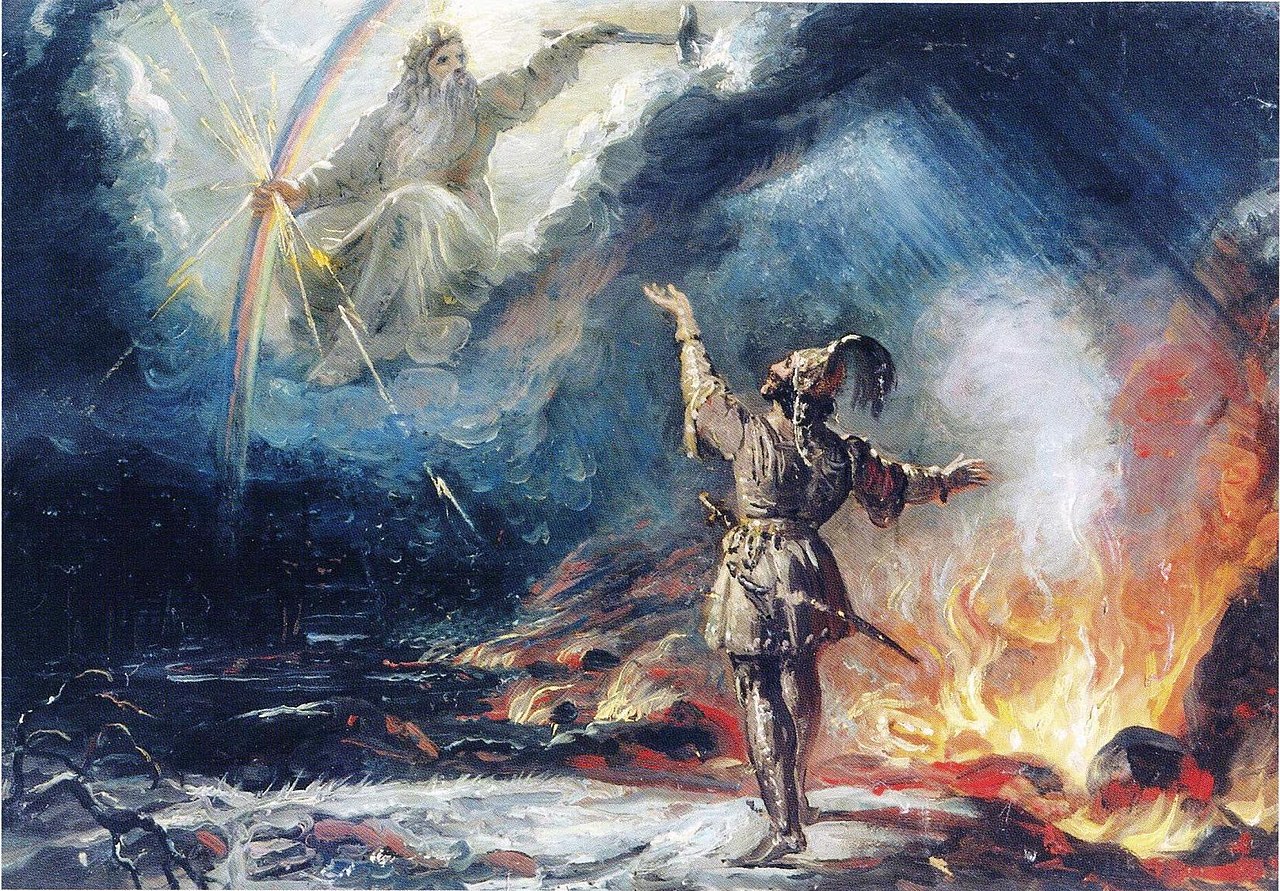The main mistake I see in your line of reasoning is that you assumed there must be "evidence" for the existence of a god, if such a metaphysical, supra-natural entity were to exist. And that you would be able to recognize this "evidence" accurately, for what it is.
Not exactly. The reasoning I had was that I have no proof of the gods, therefore no reason to believe what people were saying about them. Remember though that although my lack of belief remained the same, that this reasoning was more developed then when I was a preschool kid without belief in god, when I merely saw no difference between the stories of Jesus and children's stories.
Why? Why do you assume this? I can't think of a single logical reason to assume that a metaphysical, supra-natural 'entity' as we generally concieve of "god" to be, would generate natural, physical evidence that's recognizable beyond and apart from all of existence, itself. It's an insane expectation that cannot possibly be met. So that it's really just a built-in 'terminal bias', that gains you nothing. Think about it.
I don't assume this and neither did I when I was atheist. The criteria for every god is of course different and you are basing your reaction on what you believe your god is. Not all gods are the same. The high god of my ancestors would of course have a different criteria for "proof" then a spiritual being that exists outside physical matter. As an atheist I investigated various proposed gods both purely spiritual existences, purely physical or mix of them.
Here's the ancestral high god, something supposedly capable of talking and directly helping heroes. Quite unlike in characteristics than say the one of the Christians, and with different sets of proofs needed if he were to be proven:
And as I said, I'm no longer atheist when I wrote:
Now that I'm gnostic, I have god and I accept that the belief isn't something I can prove to anyone else but myself. I also accept that it's not the same as many other gods.
That I have experienced Gnosis, including the existence of a god is different from belief in one.

